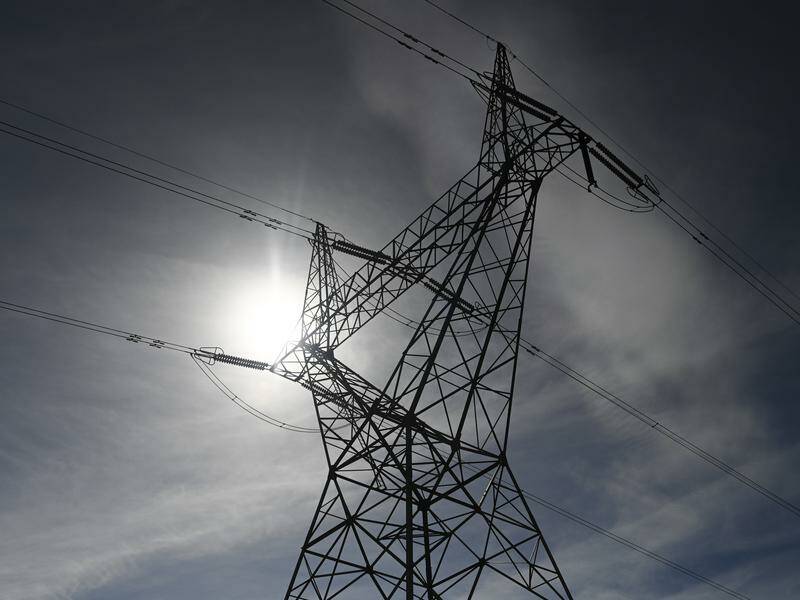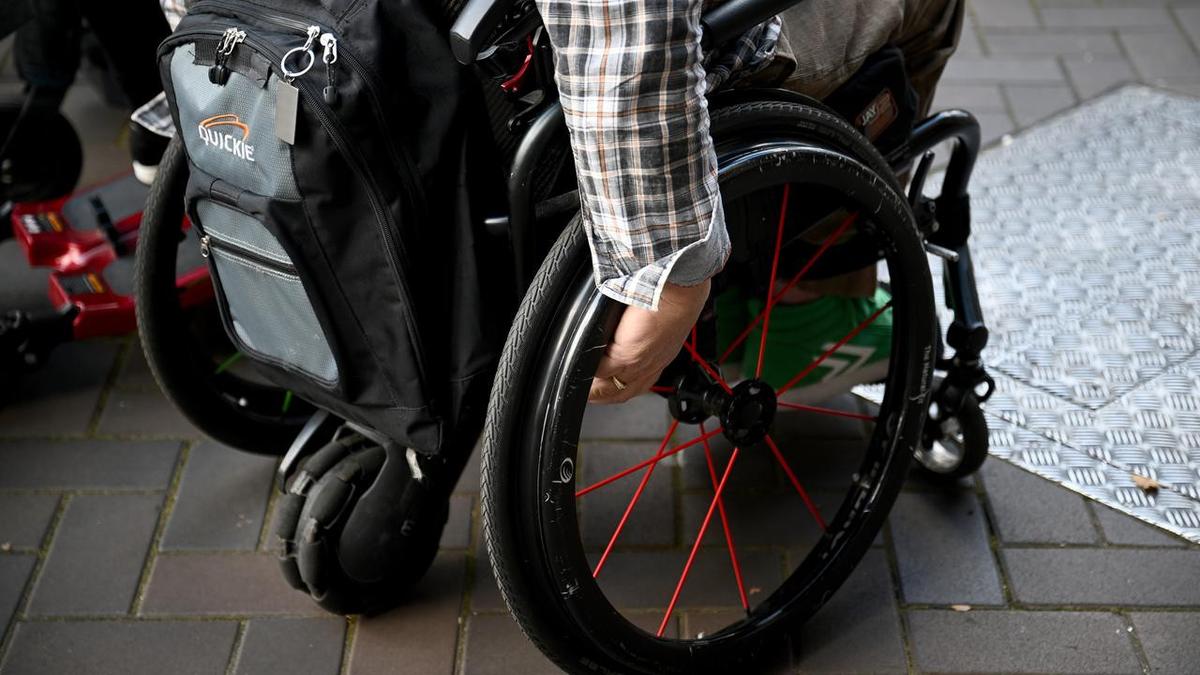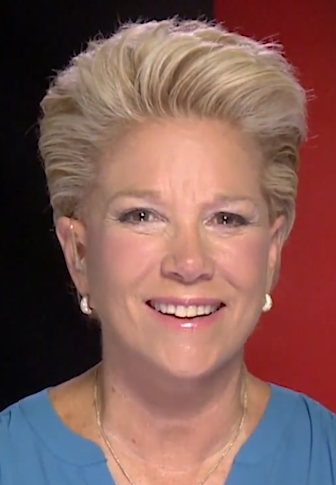
UPDATE: NAB’s chief executive Andrew Irvine has delivered a stark warning about Australia’s energy landscape during a parliamentary inquiry, stating that the nation could achieve some of the lowest power bills globally by optimizing its vast energy resources.
In a powerful address just moments ago, Irvine labeled Australia’s current energy mix as “sad,” emphasizing that transitioning to net-zero emissions by 2050 is attainable if renewable sources are effectively harnessed. “Australia should be an energy superpower,” he declared, referencing the country’s abundant sunshine, wind, and natural gas reserves.
Irvine’s remarks come amid concerns over a looming imbalance between energy supply and demand, which he argues is unacceptable. “The fact that we have an issue with supply and demand is sad and shouldn’t have happened,” he stated. He criticized the ongoing political debates surrounding energy pricing and net-zero targets, asserting that a more streamlined approach to getting energy to market is essential.
The urgency of his message resonates with many Australians facing rising energy costs. “We could have one of the world’s lowest energy costs, deliver net-zero energy, and be a wonderful exhibit to the world,” Irvine said, stressing the need for swift action to approve energy supply.
Meanwhile, the inquiry also heard from ANZ’s chief Nuno Matos, who suggested that the big banks collaborate to improve access to financial services in regional Australia. He emphasized the necessity of maintaining banking services, particularly as the banking industry has committed to halting branch closures in these areas until at least mid-2027.
Matos acknowledged the recent $240 million penalty imposed on ANZ for mismanaging a bond sale, which potentially cost the government 26 million AUD. He apologized for the bank’s shortcomings, attributing them to a “good news culture” and a lack of self-awareness. “The bank fell short of what is expected of us, and for that, I offer an unreserved apology,” he stated.
As the inquiry progresses, Commonwealth Bank’s CEO Matt Comyn voiced support for the Reserve Bank’s proposal to eliminate surcharges on eftpos and credit cards, which could save consumers over $1 billion annually. However, he cautioned against rushing the changes, suggesting they could inadvertently favor international companies over local ones.
The developments from this inquiry are critical for consumers and the broader economy as Australia navigates its energy challenges and banking reforms. Key stakeholders are urged to pay attention to the recommendations that arise from these discussions.
As the situation continues to evolve, all eyes will be on how both the energy and banking sectors respond to these pressing issues. The outcomes could have lasting implications for energy prices, financial accessibility, and Australia’s commitment to sustainability. Stay tuned for further updates as this story develops.





